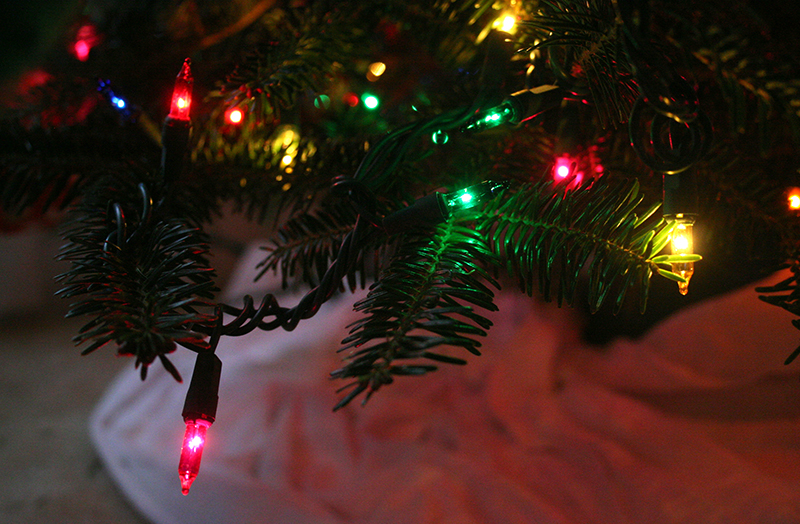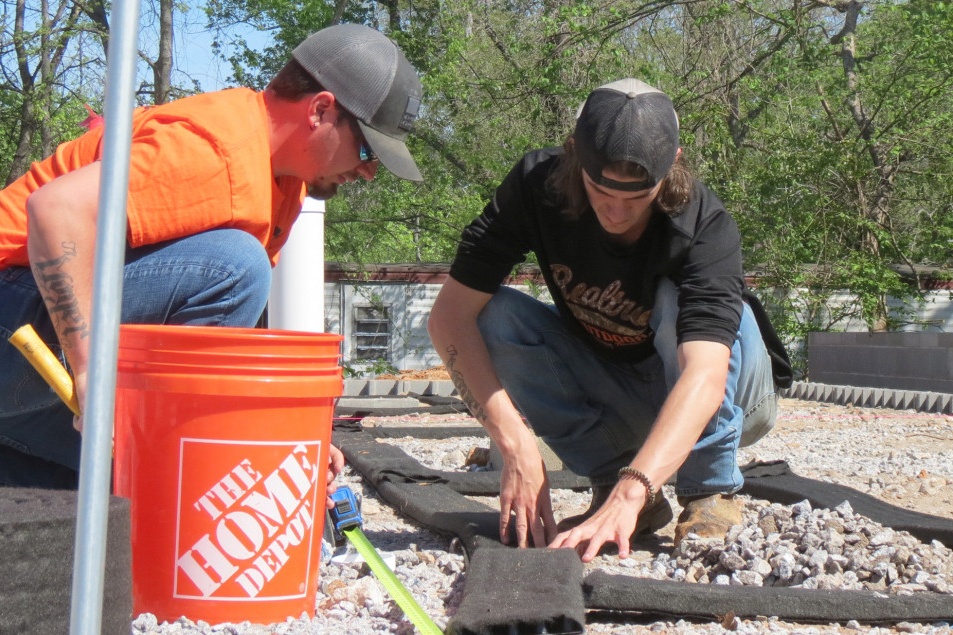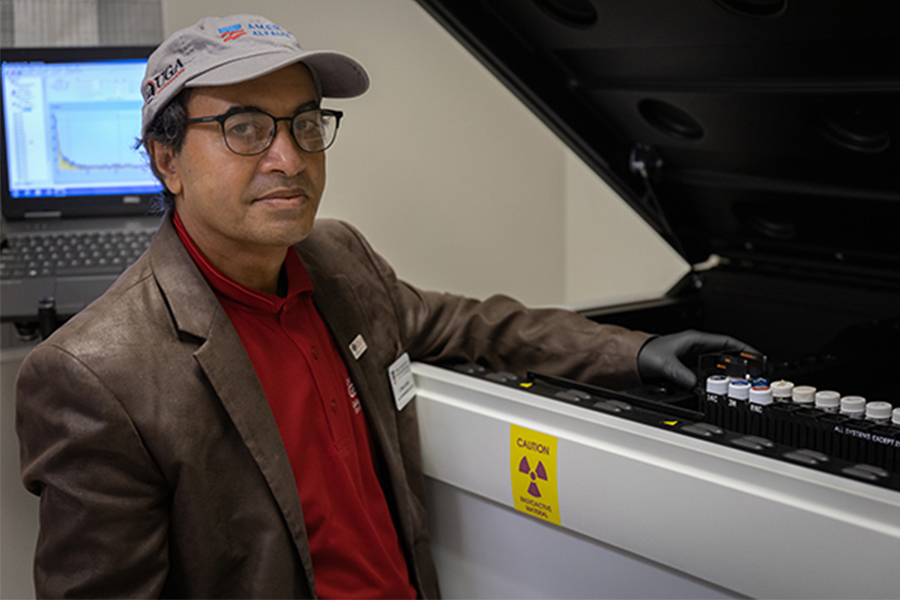University of Georgia scientist Craig Kvien, the creative mind behind Future Farmstead, believes that Georgia homeowners can reduce their power bill this holiday season just by being more sensitive to the amount of energy they’re using.
“During Thanksgiving and Christmas, it’s easy for families to not think about how much power they’re using. Christmas lights are added outside, lights are put on the tree inside, and you’re trying to keep your house warm from the cooler temperatures that are present during the winter months,” said Kvien. “This adds up to a higher power bill that homeowners can guard against by just being more mindful of how much power they are consuming every day.”
Kvien, a UGA College of Agricultural and Environmental Sciences professor, is an expert on energy savings. He was the program coordinator for the Future Farmstead project at the UGA Tifton campus. The Future Farmstead is an energy-independent experimental farm and farmstead house with a mission of developing and demonstrating technological advancements that will enhance farm efficiency.
Georgia experiences milder winters compared to states in the Northeast. However, power usage in December, January and February reflects Georgians’ willingness to heat their homes during colder temperatures.
Kvein says 50 percent of a typical power bill can be attributed to either heating or cooling your home.
“The next big user of power is your hot water heater — hot water for your showers and clothes washing,” he said. “Be careful with your thermostat. The further away from ambient temperature you get the more money you’re spending.”
A way to efficiently heat your home is through proper insulation. According to www.georgiapower.com, insulation helps to reduce heat losses when there are colder temperatures outside.
Georgia Power recommends R-30 insulation for the attic, R-19 for floors and R-13 for walls. The “R” rating refers to insulating power. The higher the value, the more effective the insulation will keep heat from escaping the house.
Here are some of Georgia Power’s other tips on saving power over the holiday season:
- Don’t let your holiday spirit be deflated by the thought of paying more for holiday lights. Replacing your current incandescent lights with LED lights can offset the added costs of using decorative holiday lights in November and December use 90 percent less energy than standard light bulbs and can last up to 15 times longer. “LED lights are a good way to be energy efficient. LED lights pay back quick,” Kvien said.
- Set your thermostat at 68 degrees Fahrenheit during the winter. You can expect between a 3 and 4 percentage increase in energy use for every degree you set higher in the winter.
For more information about Future Farmstead, an energy-efficient home of the future, visit www.futurefarmstead.org.




.png)


.png)
